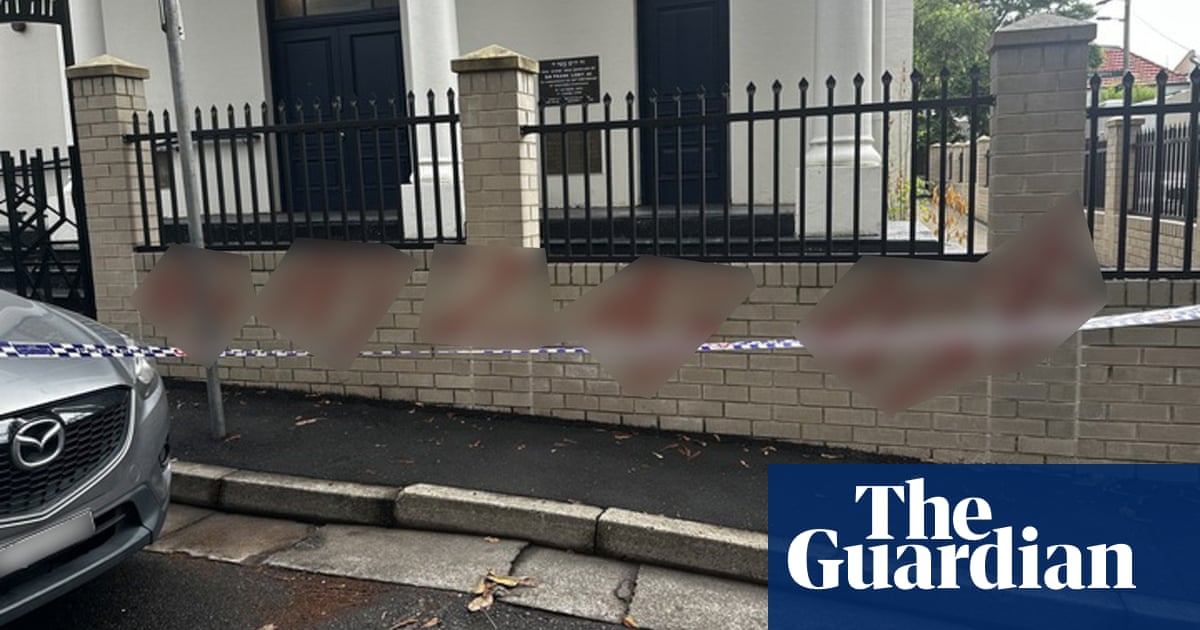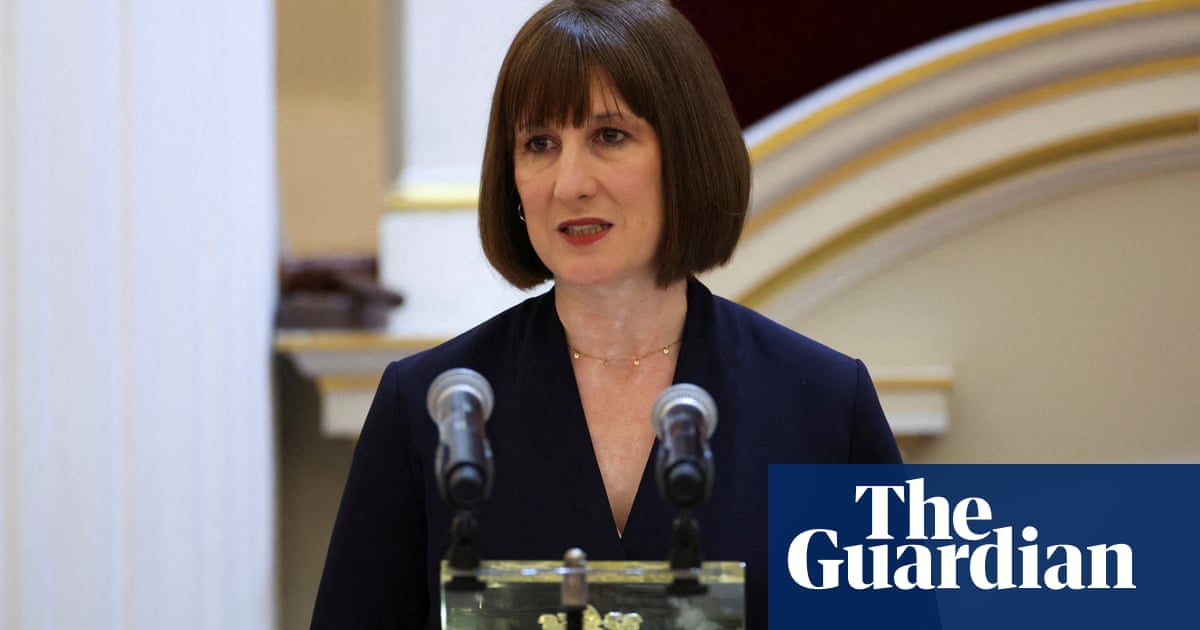When Omar Rodriguez-Lopez of the Mars Volta moved to the mainland US with his parents from their native Puerto Rico at age 10, he was thrilled when the white kids called him a word he’d never heard before. “They called me ‘spic’,’ he said. “I thought it was so cool that they’d given me this nickname! I only found out what it really meant when I told some Black kids at school and they said, ‘Yo, what are you talking about?’”
Meanwhile, several states away, his later bandmate, Cedric Bixler-Zavala, was experiencing his own brand of racism as a kid. Like his Mexican-born father, he has blue eyes and light skin, which drew suspicion from both the Latino and the white communities. “You have to prove yourself to each side,” Bixler-Zavala said. “It’s like being a double agent. You’re always on the outside.”
Experiences like those not only shaped the worldview of both musicians, it formed a bond between them so strong, it remains the longest, and in some ways, the deepest relationship of their lives. “For years, we lived together,” Rodriguez-Lopez said. “We were in two bands together. We shared shirts and pants. We even went to the bathroom together.”
The complex web of intimacies that created forms the core of an unusually personal new music documentary, titled Omar and Cedric: If This Ever Gets Weird. “Most music documentaries just tell you, ‘They made this album and then they became famous and then tragedy struck,’” Bixler-Zavala said. “This documentary is about the humanity behind all of that. It shows people being honest about their insecurities and vulnerabilities and how that affected the way they treated each other.”
Along the way, the film covers a daunting amount of drama, including the deaths of no fewer than 16 of their friends, bandmates and relatives, many at a young age, as well as instances of sexual abuse, homophobia brought on by Rodriguez-Lopez’ fluid sexuality, as well as a nearly ruinous brush with Scientology for Bixler-Zavala. Providing a throughline for the film is the power of their cultural identity, underscoring its meaning at a time when the term “identity politics” has been used as a cudgel to silence any conversations about its importance. In fact, one of the primary reasons the friends formed the Mars Volta, which mixes Latin music with punk and prog-rock, was to honor the cultures that shaped them. “When my mother was alive, we weren’t allowed to speak English at home,” Rodriguez-Lopez said. “That was so we would remember where we came from.”
To stress the role memory has had in his life, Rodriquez-Lopez, now 49, has been filming himself and his surroundings since he was seven years old. “Omar has documented every nook and cranny of his life,” said Bixler-Zavala. “So we had all this amazing footage.”
The film’s director, Nicholas Jack Davies, said roughly “70 to 80% of the footage we used either came from Omar or from footage he got other people to shoot when his bands played live.”
Most of the footage was shot on old VHS cameras from the 80s and 90s, giving the film a hard-grained look that feels both vintage and surreal. To Bixler-Zavala, the film’s rough edge tells viewers, “there’s no filter, this is the real thing”.
The reality of the pair’s life as parallel outliers started in the border town where they met as teens: El Paso, Texas. Both came from highly educated homes. Rodriguez-Lopez’s dad is a psychiatrist; Bixler-Zavala’s father taught Chicano Studies at University of Texas, El Paso. Growing up, both boys were small and intellectual, making them an easy target for bullies. They found a place and a voice in the underground punk scene of El Paso in the 80s, where they bonded on their love of bands like Bad Brains and the Dead Kennedys. At the same time, that made them targets as well. “Being a punk rock fan was dangerous in the 80s,” said Bixler-Zavala. “We got our asses kicked.”
Rodriguez-Lopez, who played guitar, worked with a hardcore band for a while but when they imploded in the early 90s, he joined singer Bixler-Zavala in a promising band he was in called At the Drive In. The music they made had the force and speed of punk but without its cliches, creating a sound with its own textures and scope. From the start, however, the two butted heads with key member Jim Ward about musical direction and worldview. “He was conservative, and I was very, very liberal,” Rodriguez-Lopez said. “He knew Latin kids, but he didn’t hang out with them.”
As a result, he said Ward was insensitive to both the racism he experienced and the queer culture he began to relate to. Meanwhile, Rodriguez-Lopez and Bixler-Zavala were getting closer, in part through their mutual interest in the more explorative aspects of drugs. “They helped us not just creatively but also physiologically and philosophically,” Rodriguez-Lopez said. “There’s a certain positive thing that happens when you isolate yourself from external influences and get more internal.”
The music that resulted started to catch on, earning them hype as the next big thing after the release of Relationship of Command, their powerful album in 2000 . At the same time, they hated the aggressive groups they got lumped in with and the subsequent misunderstandings about their intent. “Coming up in the punk scene, there’s this promise of hope and joy, but we found the world we were in to be very sexist and homophobic,” said Rodriguez-Lopez. “Back at that time, Rolling Stone was promoting Limp Bizkit and Korn, two overtly misogynist bands.”

An especially tense scene in the film reflects their discomfort with the world they found themselves in. While playing for an audience far more interested in breaking things and slam-dancing than getting the message of the music, Bixler-Zavala reacted by calling them “robots” and “sheep”, eliciting a hellish waves of boos. “That happened all the time,” Rodriguez-Lopez said. “I found myself in a space with the kind of dumb jocks I tried my whole life to avoid.”
When At the Drive In played Australia’s Big Day Out Festival in 2001, a 16-year-old girl died from injuries inflicted by the crowd in a mosh pit. When the band stopped their show due to the escalating violence, the promoters threatened to sue. Yet, the next time they played that festival, years later, “the promoters had meetings with every band about how to safely handle the crowd,” Bixler-Zavala said. “We were saying, ‘You don’t need to tell us. We’re the ones who started this!’”
The pressures of the road, vividly evoked in the film, eventually drove the band to the brink, inspiring them to call a six-month break for their mental health. Today, mental health issues are openly talked about by major artists like Chappell Roan and Shawn Mendes, but in the 90s they weren’t discussed at all. “Back then, it wasn’t even understood by members of our own band!” Rodriguez-Lopez said.
When the other members of the group insisted that they go back on the road well before the promised 6 month break was over, the two friends decided they’d had enough, leading to a decision to start a band of their own. For the new project, dubbed the Mars Volta, they vowed to make their culture a central part of both their sound and their philosophy. At the same time, the Latin music they drew on, including salsa, sounded wholly new in their hands.
In the film, the musicians liken the pure frenzy of the resultant music to an Aztec ritual sacrifice, with all of its blood and fury. At the same time, the new sound allowed for nuance, drawn from sophisticated prog groups like King Crimson and Magma. A key part of the alternate aural universe they created came from member Jeremy Ward (no relation to At the Drive-In Member Jim Ward). He didn’t play an instrument but his manipulations of the group’s vocals, along with his use of a made-up language for song and album titles, proved crucial to the group’s gestalt.
In the film, Rodriguez-Lopez likens what Ward did for the Mars Volta to what Eno did for Roxy Music. The relationship between Ward and the guitarist also turned romantic, though they made sure to hide their relationship from their audience, the press as well as from certain members of their own band. “Even in the underground we came from, the majority of places you went still felt threatening,” Rodriguez-Lopez said.
He calls his relationship with Ward “profoundly important. It was such a big part of my evolution.” At the same time, he doesn’t label his sexuality. “I fall in love with the person,” he said.
His closeness with Ward helped keep the latter in the band after he got into heroin, a habit he tried to break before it killed him in 2003 at the legendary rock star death age of 27. Ward’s passing is but one of many chronicled in the film. Yet, due to aspects of their Latin background, the friends say they’ve come to experience mortality as an enriching part of the life cycle. For them, remembering the dead and accepting their loss is inextricable from the desire to honor their culture, a concept taken from the indigenous Taino people of the Caribbean. “People say, ‘Oh my God, there was so much loss in your life when you were young. I’m so sorry,’” Rodriguez-Lopez said. “I say to them, ‘why sorry? I got to know these people, if only for a short time. And, from them, I got to know very early the value life has.”
Even so, Rodriguez-Lopez calls the death of his mother at 63, “mutilating”. To make things harder, at that time he and Bixler-Zavala were bitterly estranged, in part, due to the latter’s involvement with Scientology. The singer’s eventual break with that organization, as well as the duo’s subsequent reproachment, brings the film’s already operatic narrative to an emotional peak.
Along the way, we see the two friends say and do many things they now regret, yet today they say they’re proud to have it all represented on film so frankly. “In art, we’re always aiming for this high realm which at many times can make you an ogre,” Bixler-Zavala said. “My ultimate hope is that the film reminds people that we’re human and fragile just like you. It’s important to never forget that.”
-
Omar and Cedric: If This Ever Gets Weird is showing at US cinemas from 20 November with a UK date to be announced

.png) 1 month ago
4
1 month ago
4













































